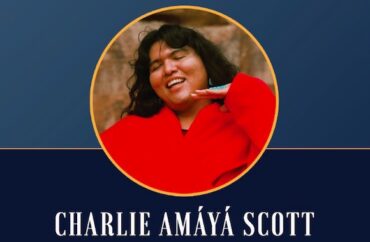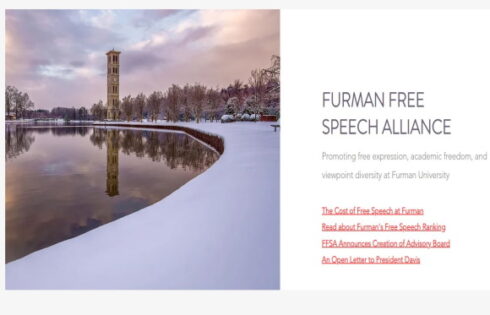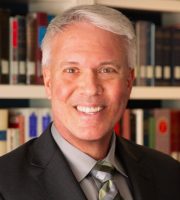
A Native American “trans femme scholar,” social media influencer, and advocate recently spoke at the University of Illinois on the evils of colonialism and the concept of the indigenous “two-spirit.”
Charlie Amáyá Scott (pictured), a PhD student at the University of Denver whose dissertation uses “a blend of […] photography and letter writing to really get Native students […] to sort of describe or portray or represent to us what settler colonialism is,” told her audience that “two-spirit” actually has “no specific meaning.”
“The way that I have described two-spirit to people is that it’s really meant to be a contemporary movement to communicate and describe possibilities of who we were, of who we are, of what we are, of who we will be,” Scott said according to The Daily Illini.
Scott said that before European colonization, Native Americans had “diverse beliefs about gender” and the indigenous “gender-nonconforming” were “highly respected.”
Europeans introduced homophobia and the gender binary when they forced the Indigenous to culturally assimilate, Scott added.
“How we understand what it means to be a man and woman is really rooted in this sort of history of colonization,” she said. “And so the gender and sexuality of Indigenous peoples were considered savage, considered primitive.”
MORE: Science professor job opening limited to only women, trans, non-binary or two-spirit folk
This stigmatization, homophobia and pressures of conforming to gender norms continue to this day even in Indigenous communities, according to Scott.
Scott explained the Navajo Nation only recognizes marriage between a man and a woman, prohibiting same-sex marriage since 2005.
“Unfortunately, marriage equality is not recognized on several nations,” Scott said. “As much as I love tribal sovereignty, unfortunately, tribal sovereignty is the reason that the Navajo Nation does not recognize this marriage between two people of different genders.” …
When Scott was exploring and expressing their gender identity, their mother had a difficult time accepting their journey.
“We argued about my transness,” Scott said. “She didn’t understand why my English pronouns being they/them were so important to me.”
It was later discovered their mother was afraid for Scott’s life and believed it would’ve been dangerous living and identifying as transgender.
Last year, Scott told NBC News that “trans misogyny, anti-trans rhetoric and anti-queerness” all have origins “in the violence of settler colonialism [and] heteropatriarchy.”
Scott and a two-spirit Native American peer contributed the chapter “In the Spirit of Relation and Kinship: Supporting Indigenous Two-Spirit and LGBTQ+ Relatives” to the recent book “Developments Beyond the Asterisks: New Scholarship and Frameworks for Understanding Native Students in Higher Education.”
MORE: FemmeFest and Intersectional Feminists continue the ‘fight for equality’ at OSU
IMAGE: Young Invincibles/X
Like The College Fix on Facebook / Follow us on Twitter





Please join the conversation about our stories on Facebook, Twitter, Instagram, Reddit, MeWe, Rumble, Gab, Minds and Gettr.